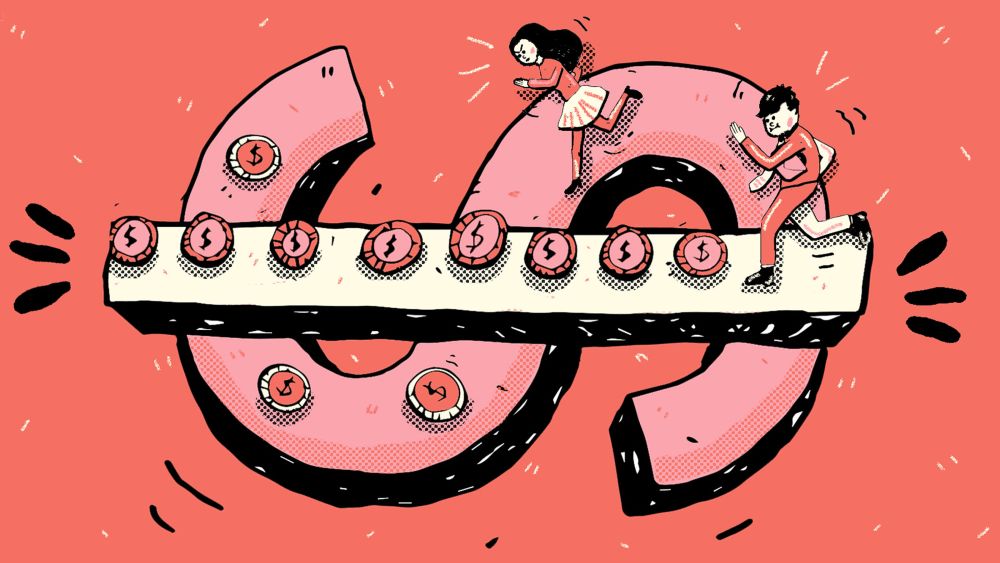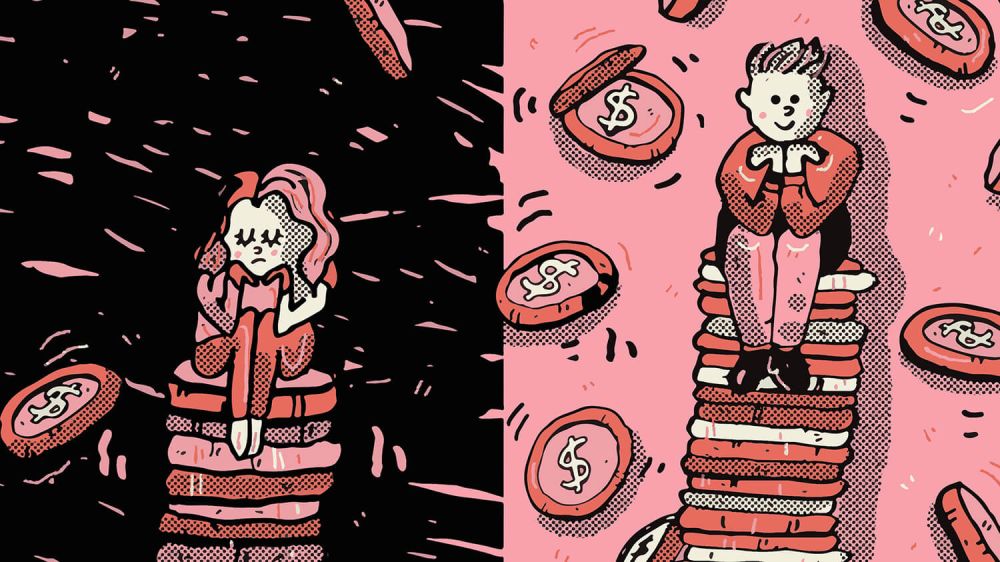Checklist for managing your freelance cashflow

Getting to grips with your cash flow management is an essential part of freelance life. But it’s easy to get sidetracked and fall behind if you don’t have processes in place that work for you. We spoke to Albert Azis-Clauson, CEO and co-founder of UnderPinned, a virtual office which is designed to facilitate freelancer admin needs, to get his take on managing cash flow as a freelancer.

Freelancers wear two hats. They wear the light and exuberant hat of their craft, and they also wear the heavy and burdensome hat of a businessperson who must manage all the admin of running a freelance business. In all the time I have spent working with freelancers, I’ve yet to meet someone who relishes putting on the second hat to sit down and organise their business and clean up their finances. Perhaps it’s the boredom associated with the task, or perhaps it’s the previous experience of realising in these moments when the admin work is done that yet another invoice is late, they haven’t saved enough for their tax bill, and they invoiced £500 below their monthly target.
In this article, I’m going to run through my top tips for keeping on top of your finances while also increasing your worth and getting paid faster. Being good with your business finances is all about finding a method you’re happy with. If you over-promise, you’ll fall foul of the New Year’s Resolution fallacy, setting your goals too high and not lasting past the end of January. No one likes doing it, so break it off into regular bite-size chunks you can commit to in the long term.
When you’re setting up, make a checklist and then make sure you build a system that can stand the test of time.
Managing your cash flow - a checklist
1. What is my bottom line?
Your bottom line is the minimum you need to earn each month to pay your bills and buy all your daily necessities. This won’t be very difficult to work out, but having this number is useful as it lets you do two important things.
First, it gives you a minimum target for your freelance work, so you know how much you have to bill each month to ‘break even’. Having that target can really focus your mind when it comes to a tight month.
Second, it lets you know how big your contingency should be. If you know your bottom line is £1,000 per month, then if you have £3,000 in your contingency fund, you know you’ll be safe for three months if something goes wrong.
2. How am I tracking my income?
Keeping track of money into your bank is important, but it is also important to keep track of where this money is coming from and what it is for. Choose an invoicing system that works for you and make sure all your invoices are in one place. This will let you easily flick through old income months later if there’s ever any confusion. A useful invoicing system should make it easy to include all of your clients details and a brief description of the work.
3. How am I tracking my expenses?
A common misconception is that you need to keep your receipts. The truth is, you only need to keep receipts to track VAT, so if you aren’t VAT registered, then you don’t have to keep your receipts. There are plenty of apps now that let you track expenses by simply tagging them inside the app on your banking feed, whether that’s banks like Monzo or Starling, or apps using Open Banking like Finmo or Coconut. They also give you the option to attach a receipt so if you are VAT registered it’s just a few extra seconds per payment.
It really doesn’t matter which one you choose, but pick one and stick with it for the financial year. Making sure you always tag your expenses is the best way to save money on your tax return.
4. How am I tracking and saving for tax?
The easiest way to stress yourself out as a freelancer is to get to January and rush your tax return only to realise that you’ve got to start doing some serious saving to pay that bill. My honest advice is to choose one of the latter apps from above, such as Finmo or Coconut, so you can easily tag income and expenses as you go. Also, rather than waiting till January to cobble together a last minute self-assessment which is missing half your expenses and therefore leads to a way bigger bill, do it in April - on the 6th. You’ll save money, time, and a lot of stress. You’ll also be able to clearly track your bill throughout the year so that you can save way more effectively.

5. How am I securing my income?
Securing your income is all about how you communicate about payment security and payment requests. The easiest route to problems with payments is not being clear from the get go with your communication. Top tips:
- Use a contract. Make one digitally to make sure everyone is clear on the terms!
- Take a deposit
- Have a cancellation fee
- If the project scope changes, make a new contract!
- Make sure your invoice is clear and outlines late payment fees as per government guidelines
- Have a follow-up plan which can include involving the Small Business Commissioner
- Don’t ever take a bad client personally, just make your needs to that client clear
- This has the added bonus of making you look super professional, with little extra effort, which can help to justify higher rates.
6. What’s my contingency plan?
There are two parts to a contingency plan. Part one is trying to build up enough savings, so your bottom line is covered for at least three months. You never know what will happen and having three months in your back pocket can make a world of difference. Part two is making sure you have the right freelancers insurance. Insurance isn’t necessarily expensive, and you may never need to cash in, but leaving yourself unprotected just isn’t worth the risk!
7. What’s my process for reviewing this?
Pick a time, ideally once a month, to go through this checklist and check everything is being done properly. If something has been missed, consider adjusting your system to simplify things! For example, if you keep forgetting to write down expenses, then find a new app or a new routine that you’re more likely to stick to.
And there we have it, a seven-point checklist to make sure you stay on top of your finances without getting bogged down in them. Keeping on top of things is really important, but it only works if you feel happy and confident with your process, so make a system that works for you!
This content has been created for general information purposes and should not be taken as formal advice. Read our full disclaimer.



